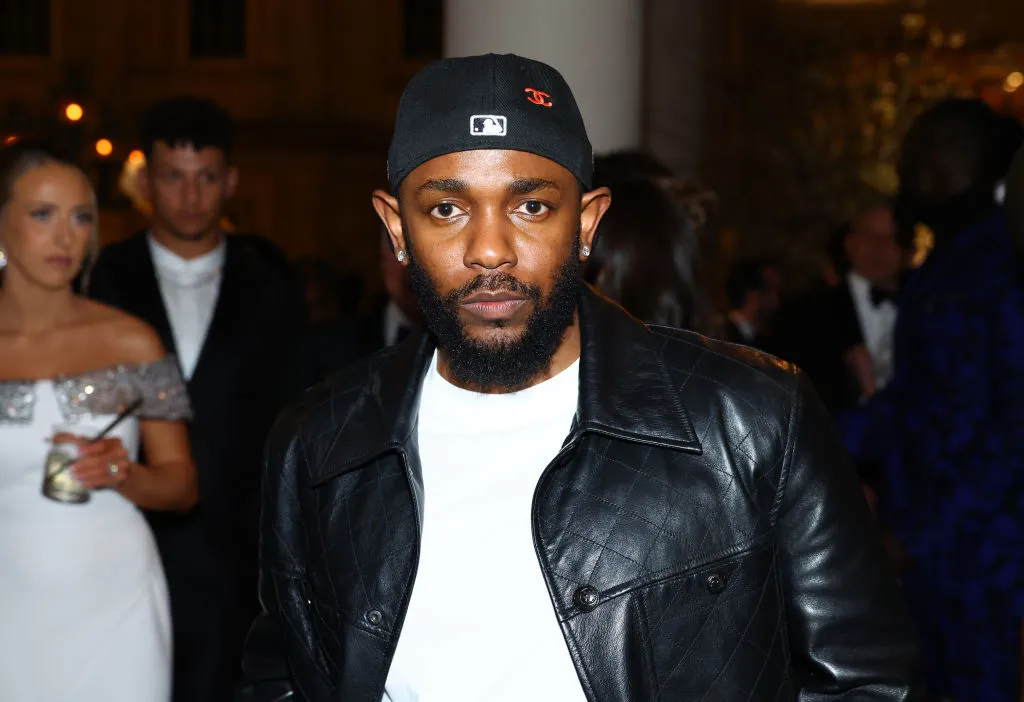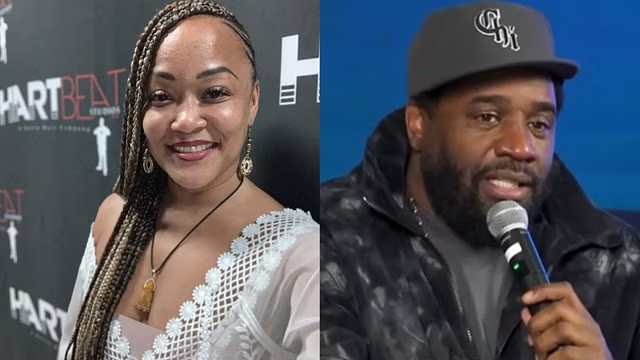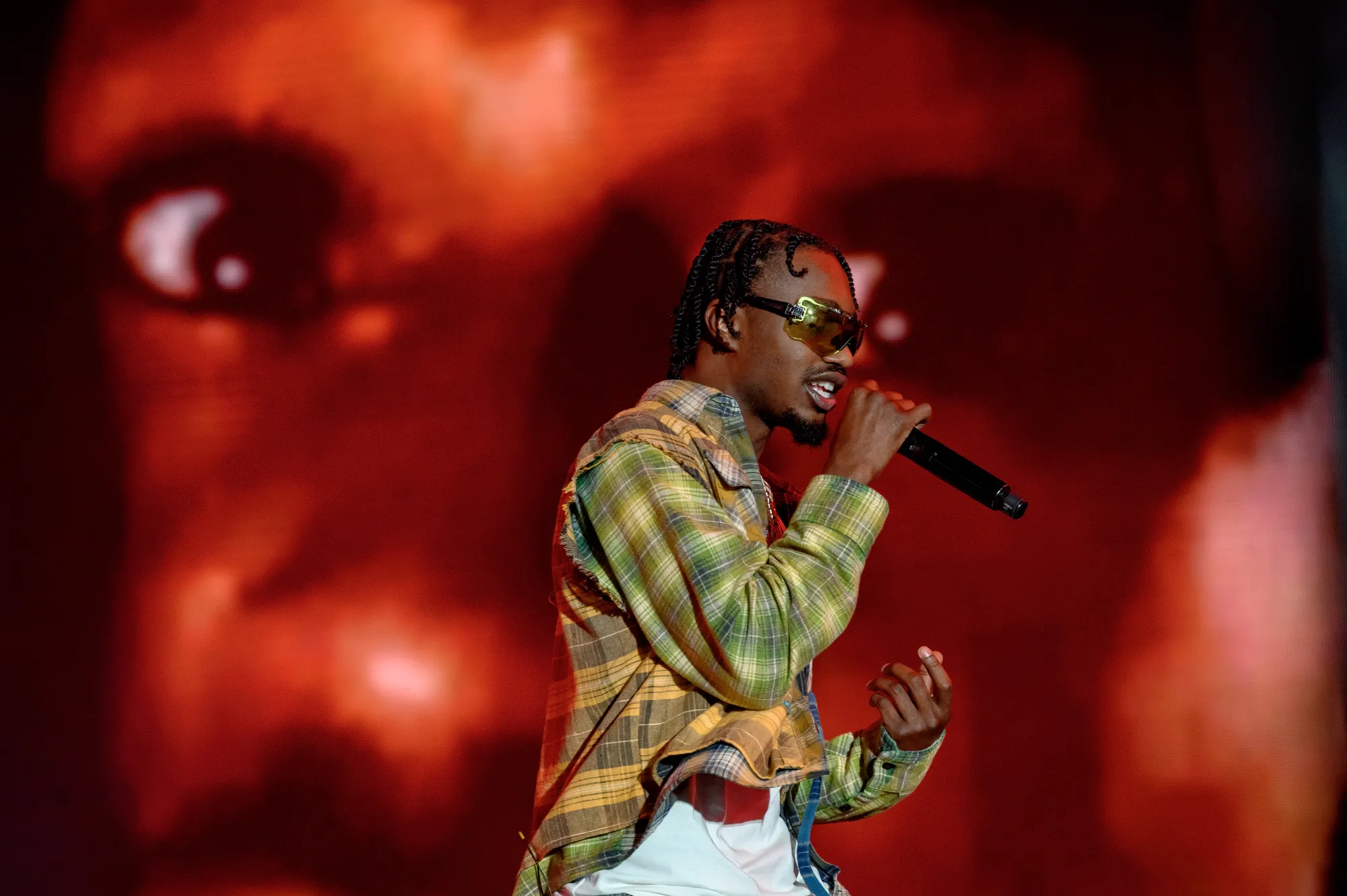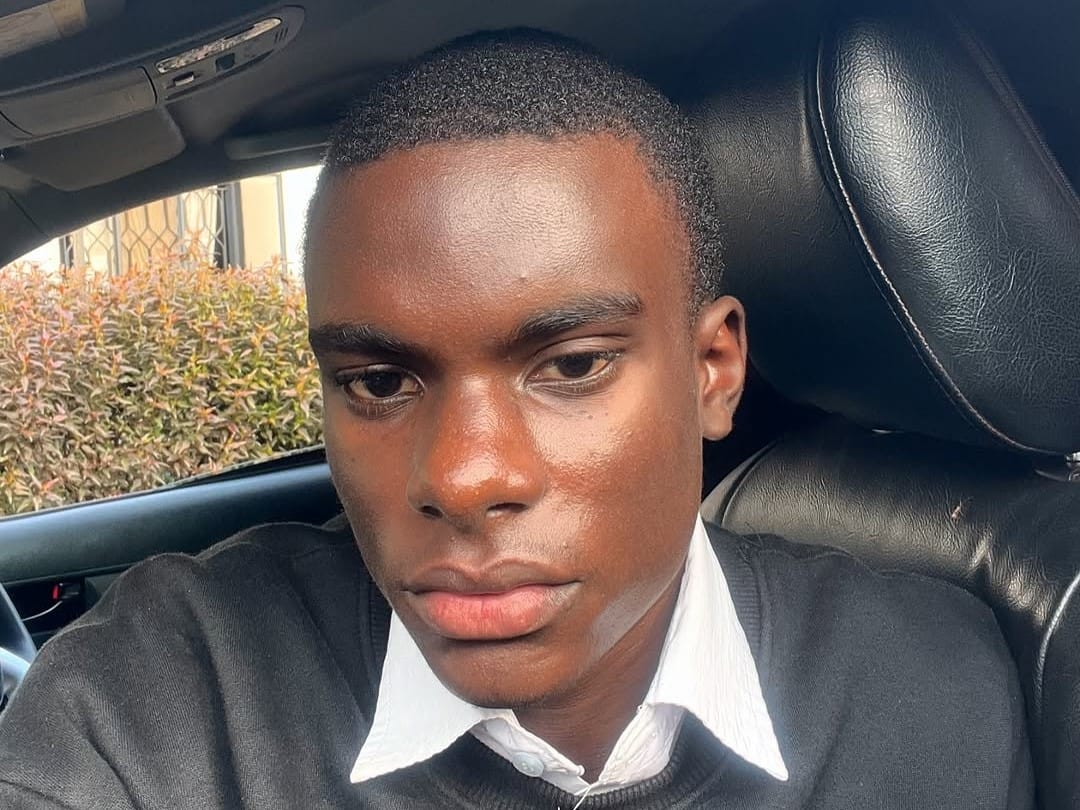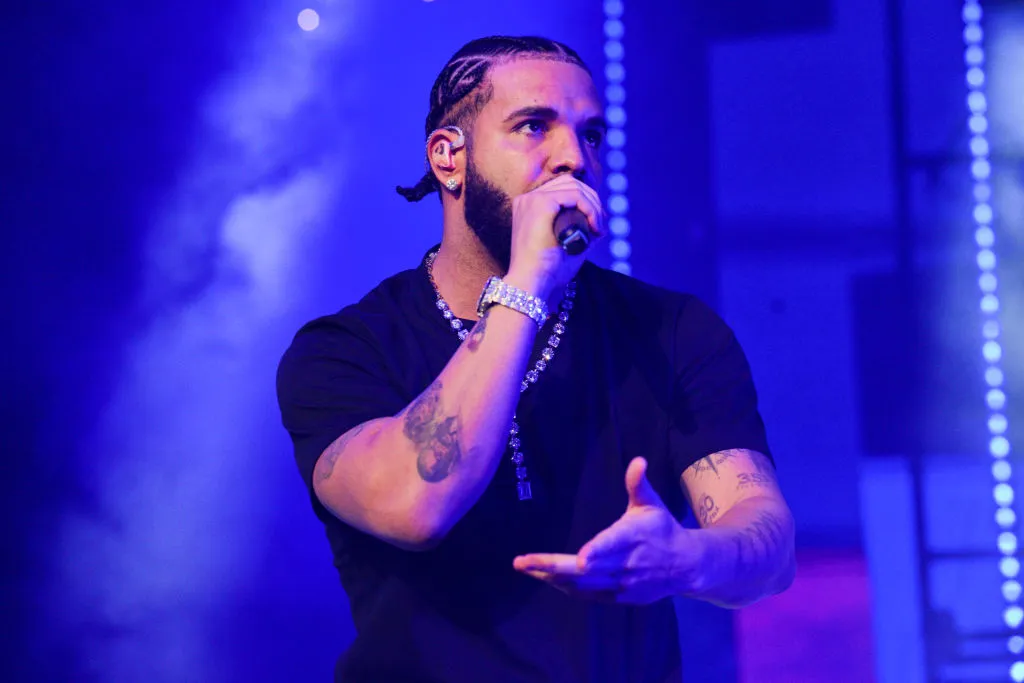In a recent interview, Kendrick Lamar delved into his much-discussed “beef” with Drake, offering insight into his perspective on their rivalry. Lamar explained that from the start, his intent was to treat the battle like a sport, emphasizing the competitive nature of rap. “I don’t care how muthaf*ckers look at it as far as, like… a collaborative effort. That’s cool, too, but I love when artists grit their teeth,” Lamar said. He acknowledged his deep-rooted love for battle rap, mentioning iconic figures like Murda Mook, Lux, Tay Roc, and his own bro Daylyt, who have shaped his approach to the genre.
A Return to Grit and Competition in Rap
Lamar reflected on the current state of rap, noting how the genre had started to lose its edge. He emphasized that in recent years, rap seemed to lack the raw energy and competition it once had, and he took it upon himself to bring that intensity back. “It was more from a space where I think a lot of people was putting rap to the back, and you didn’t see that: You didn’t see that grit, you didn’t see that bite anymore,” Lamar explained, underscoring his commitment to revitalizing the art form.
The Success of “Not Like Us” and Lamar’s Cultural Influence
Kendrick also shared his thoughts on the success of his hit single “Not Like Us” and his triumphant win of five awards at the 2025 Grammys. Lamar expressed his pride in representing the culture, saying, “I just think about the culture, really. It’s always definitely first, I’m not even bullsh*tting with you.” He reflected on how rap is sometimes misunderstood as just a genre rather than a legitimate art form, and how his work, particularly records like “Not Like Us,” serves to remind the world of the depth and importance of hip-hop.
Rap’s Recognition Beyond the Surface
Lamar continued by explaining how discussions around rap often belittle the genre’s significance. He sees his role as elevating it, ensuring that the culture receives the recognition it deserves. “When you put records like that at the forefront, it reminds people it’s more than just something that came 50 years ago,” Lamar said, highlighting his commitment to the preservation and growth of hip-hop.






